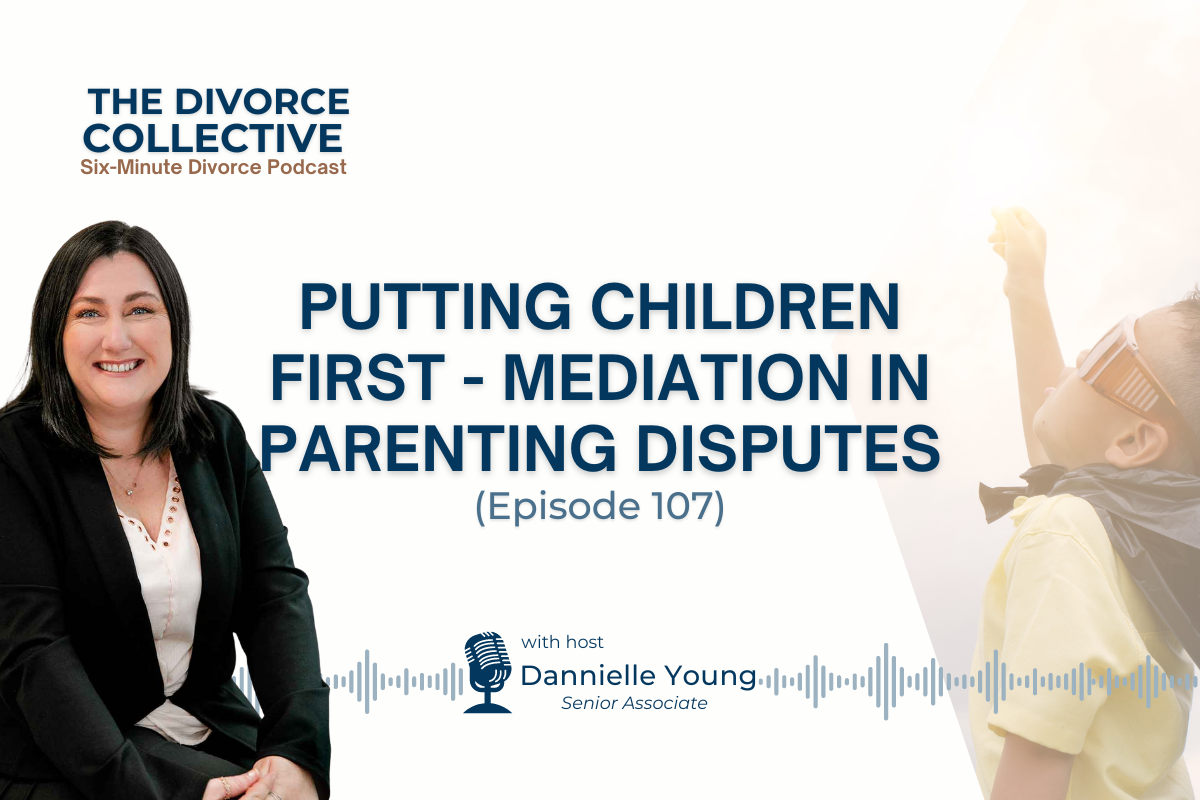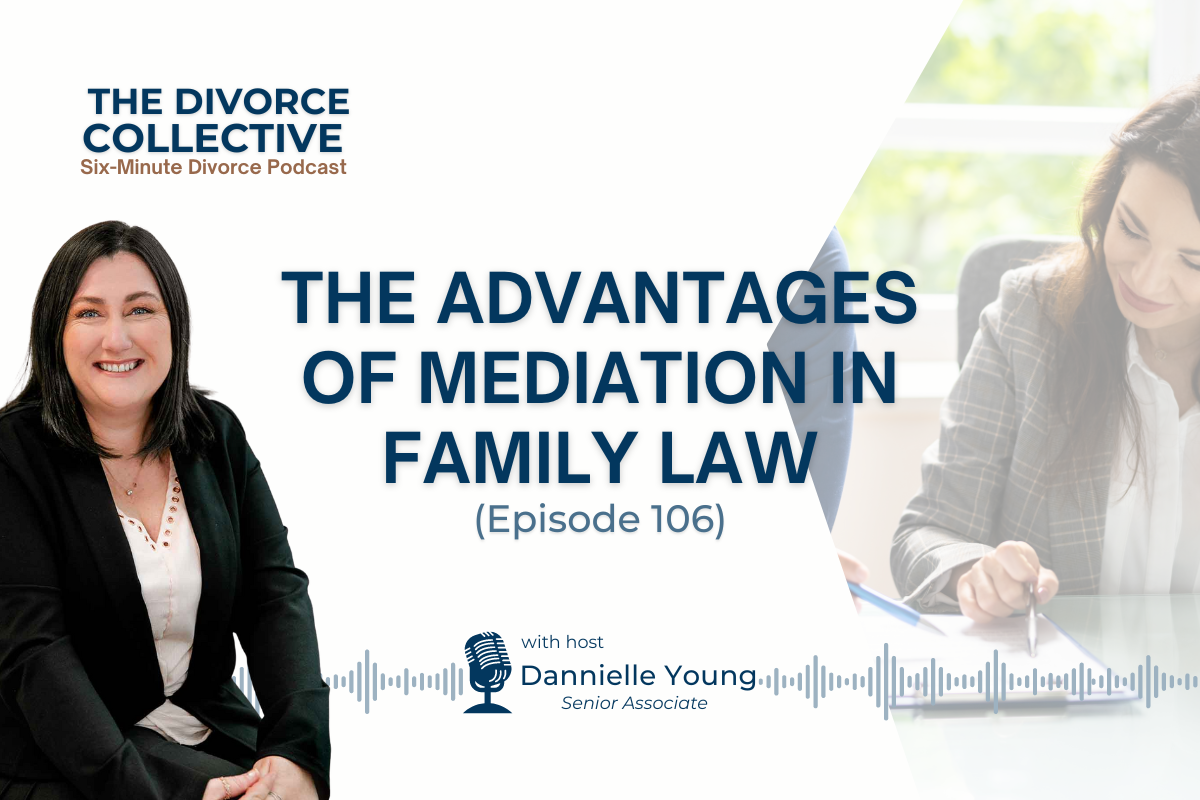Navigating Property Division Post-Separation
If you’re grappling with a property agreement following a separation, the complexities of property settlements can be overwhelming without professional guidance. Collective Family Law Group, with its team of experienced family law solicitors in Gold Coast, is here to simplify the process for you.
Whether you are in a marriage or a de facto relationship, deciding how to equitably distribute your shared assets can be a daunting task. Allow us to ensure that you receive your rightful entitlements.
After investing time, effort, and resources into building a life together, separation raises a pivotal question – how do you fairly divide your accumulated assets? Without the expertise of family law solicitors on the Gold Coast, you may risk missing out on what you rightfully deserve.
Understanding Property Settlements
Property settlement is the legal process of dividing assets and liabilities acquired during a relationship. These assets encompass more than just real estate; they can include shares, trusts, superannuation, businesses, vehicles, personal belongings, and even intellectual property. Concurrently, liabilities may involve mortgages, personal loans, credit cards, and more.
For couples undergoing divorce or separation, the distribution of these assets can be a source of confusion and concern. To navigate this complex terrain, you may need professional assistance. An equitable property settlement can be achieved through various legal documents, such as a Consent Order or a Binding Financial Agreement. Negotiation or mediation can also facilitate out-of-court settlements.
The Importance of Immediate Legal Counsel
Time is of the essence when it comes to property settlements after separation or divorce. Both de facto relationships and divorces have specific timeframes within which you can claim your entitlements. Collective Family Law Group employs a comprehensive approach to property settlements, considering the following crucial steps:
- Understanding time limits: Property settlement timeframes are critical. After separation in a de facto relationship or divorce, seeking legal counsel promptly is advised. Missing these deadlines can have detrimental consequences.
- Expertise in family law: Our team of family law solicitors in Gold Coast possesses in-depth knowledge of family law courts in Brisbane and throughout Queensland. We provide genuine, evidence-based advice to guide you through these challenging times.
- Court’s approach to property division: The court assesses the value of assets and liabilities, evaluates each party’s contribution, and contemplates adjustments based on factors like childcare, earning potential, health, and age.
The term ‘property’ in this context encompasses a wide array of assets and liabilities, from mortgages, loans, trust entitlements, and inheritances to superannuation and intellectual property. Being thorough is essential to ensure a fair distribution.
The Court’s Role in Property Division
When a property division case reaches the court, the process follows a structured approach:
- Asset and Liability Assessment: A comprehensive review of all assets and liabilities takes place.
- Value Determination: The court determines the present value of these assets.
- Contribution Analysis: An evaluation assesses each party’s contribution to the assets during different relationship phases.
- Adjustments: The court deliberates on potential adjustments, considering factors like childcare, earning potential, health, and age.
Being Proactive with Documentation
Maintaining copies of all financial documents is imperative, as they can be pivotal in securing a favourable outcome.
The Importance of Full Disclosure
Complete transparency is crucial in these proceedings. At Collective Family Law Group we emphasise the need for full disclosure of all assets and liabilities.
Additionally, keeping copies of all financial documents and adhering to timelines is essential. If you exceed the stipulated timeframes, you may require the court’s permission to proceed.
In Conclusion
Separation is inherently challenging, but understanding property settlements shouldn’t exacerbate the difficulty. Being well-informed and having reliable legal support can make a world of difference.
If you have more queries about property settlements, consider scheduling a FREE 45-minute initial appointment with Collective Family Law Group. Our experts are well-equipped to guide you through the nuances of property division and safeguard your rights.
FAQs:
-
What constitutes property in a separation settlement?
Property can range from real estate, shares, and businesses to personal belongings, intellectual property, and even lottery winnings.
-
Why is it vital to consult with a legal expert immediately after separation?
Legal time limits apply to stake a claim on property entitlements post-separation. Consulting promptly ensures you don’t miss out on your rights.
-
How does the court decide on property division?
The court assesses all assets and liabilities, determines their value, evaluates each party’s contributions, and then contemplates any required adjustments.
-
What’s the risk of not fully disclosing assets in a property settlement?
Incomplete disclosure can significantly hamper your preferred outcome in court.
-
Can property settlements be achieved outside of court?
Yes, many settlements can be reached through negotiation or mediation, avoiding court proceedings.





